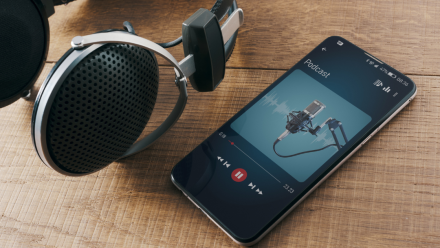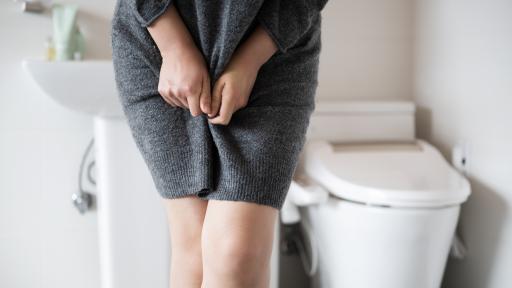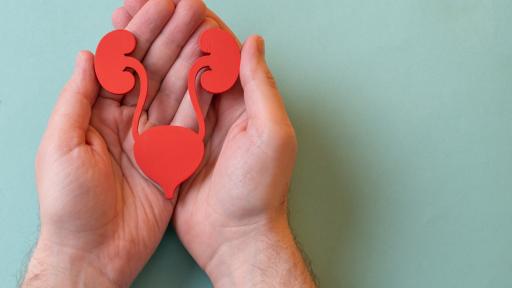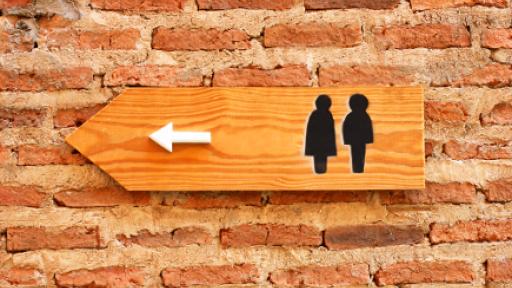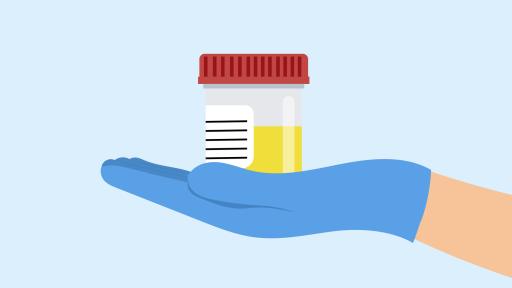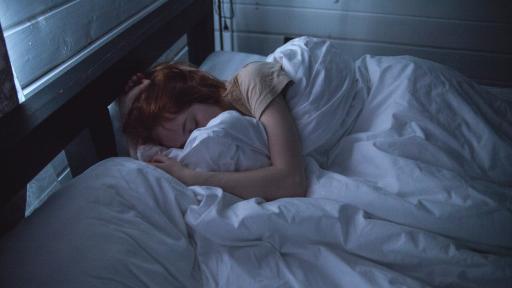Nocturia is the need to wake up multiple times during the night to empty your bladder. It can be common in multiple sclerosis, particularly if you need to use the toilet often during the day, or if you have difficulty emptying your bladder completely.
Nocturia is the need to get up several times at night to wee. It’s normal to get up once a night, but getting up more than this can be disruptive and leave you feeling tired during the day. People with severe nocturia may get up five or six times during the night.
Nocturia can have a significant effect on your quality of life. The sleep disturbance it causes can add to your fatigue. It can also affect your mood and has been linked to depression. Severe nocturia can increase your risk of having a fall.
In MS, you’re more likely to experience nocturia if you need to use the toilet often during the day (known as frequency) or if you have difficulty emptying your bladder. Read more about the causes of bladder storage and emptying problems
Urinary tract infections can also increase the need to urinate, including at night. As with the general population, drinking caffeinated drinks or alcohol before bedtime, and other poor sleep patterns, can result in nocturia.
Nocturia can be caused by factors that are unrelated to MS. Nighttime frequency can be affected by fluid intake, diabetes, hormonal changes as you age, pregnancy, and prostate changes. For this reason, it’s important to get symptoms of nocturia checked out by a health professional.
Studies have shown that needing the toilet at night is common in people MS. It’s thought to affect around seven in ten people with the condition. Despite being a frequent issue, nocturia is often under treated. Some people with MS may put up with sleep disruption and fatigue when nocturia can be treated.
Speak to a health professional
If you’re having to get up more than once in the night to go to the loo, and it’s disrupting your sleep, speak to a health professional about what’s going on. This could be your MS specialist nurse, your GP or a continence advisor. You may feel embarrassed about raising bladder issues with a health professional, but they’ll be used to discussing these sorts of symptoms. Health professionals should understand the impact that MS can have on how the bladder works, so try not to worry about raising the topic.
Keep a bladder diary
It can be useful to keep a bladder diary and share this with a health professional, so they understand what’s going on for you. You could keep a note of:
- how frequently you’re getting up in the night to wee
- whether you needed to rush to the loo
- if you felt your bladder had emptied properly
- the fluids you’re drinking before bed (what, when and how much).
Reduce the amount you drink before bedtime
Make sure you’re still drinking the recommended six to eight cups of fluid per day, but try having your last drink before 8pm to see if this makes a difference.
Drink less caffeinated drinks
Caffeinated drinks can irritate your bladder and impact on your sleep patterns. Try reducing your caffeine intake and see if you notice a difference at night.
Determine if there is anything else that's disturbing your sleep
Other MS symptoms, such as spasms, anxiety, depression or pain, may disturb your sleep. This can have a knock-on effect as you’re more likely to need the loo if you’re awake.
Similarly, certain sleep disorders (eg, obstructive sleep apnoea and restless leg syndrome) are more common in people with MS and can also cause disruption to your sleep.
Some medications have side effects that include needing to pass urine more often. There may be alternative medications you can try.
Speak to a health professional if:
- other MS symptoms are disrupting your sleep
- you’re worried you may have a sleep disorder
- you’re concerned that a medication you’re on may be contributing to your nocturia.
Treatment will depend on what’s causing your nocturia.
You may be offered treatments that are used for bladder urgency and frequency.
- Antimuscarinic medications can reduce how often you need to empty your bladder and lessen the urgent need to go. They can help cut down the number of times you need to wee in the night. These drugs are taken orally as tablets or through skin patches.
- You may be offered a medication called desmopressin for your nocturia. This is a synthetic hormone that reduces the amount of urine your body produces. It’s given as tablets or a nasal spray. It’s not available for people who are over 65, diabetic or on blood pressure medication.
- Botox (Botulinum toxin) injections can be used to reduce the activity of your bladder muscles. Botox is injected into your bladder muscles from the inside. It works by stopping nerve messages to your bladder muscle and freezing its contraction. This can be very effective with benefits lasting between 6–12 months, after which the procedure can be repeated.
Nocturia can happen if your bladder isn’t emptying properly when you go to the loo. If this is the case for you, your health professional may suggest using a catheter. A catheter is a thin, hollow tube that's used to drain urine from your bladder. Using a catheter will help ensure your bladder is properly emptied.
Physiotherapy is a possible treatment for needing the toilet frequently, particularly where it results in bladder accidents. A physiotherapist can show you exercises to help you strengthen the muscles in your pelvic floor (the muscles that support your bladder and bowel). There are also apps you can use to build an exercise plan and remind you to do your pelvic floor exercises, such as NHS Squeezy. More about pelvic floor exercises from the NHS
Some people find that percutaneous tibial nerve stimulation (PTNS) helps with bladder frequency. A very thin needle is inserted just above your ankle and a mild electric current passed through it to stimulate your tibial nerve. This relaxes the nerves in your lower back that control bladder function. PTNS can reduce how often you need to pass urine.
A study of Sativex on bladder problems in MS found small, but not statistically significant, improvements in nocturia.
Another study looked at whether melatonin could be used as a treatment for nocturia in people with MS. Unfortunately the results showed that melatonin did not significantly improve symptoms of nocturia.
